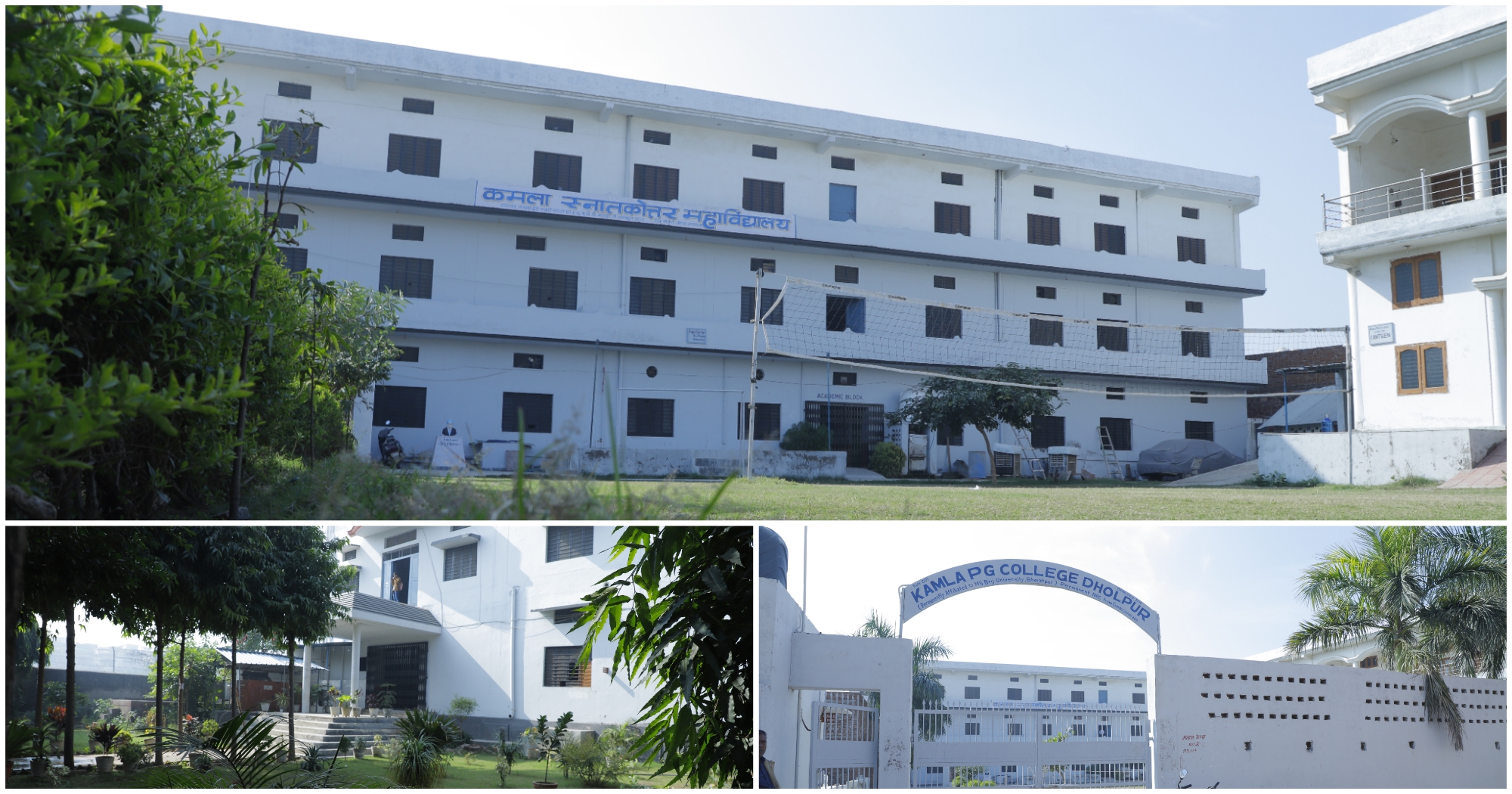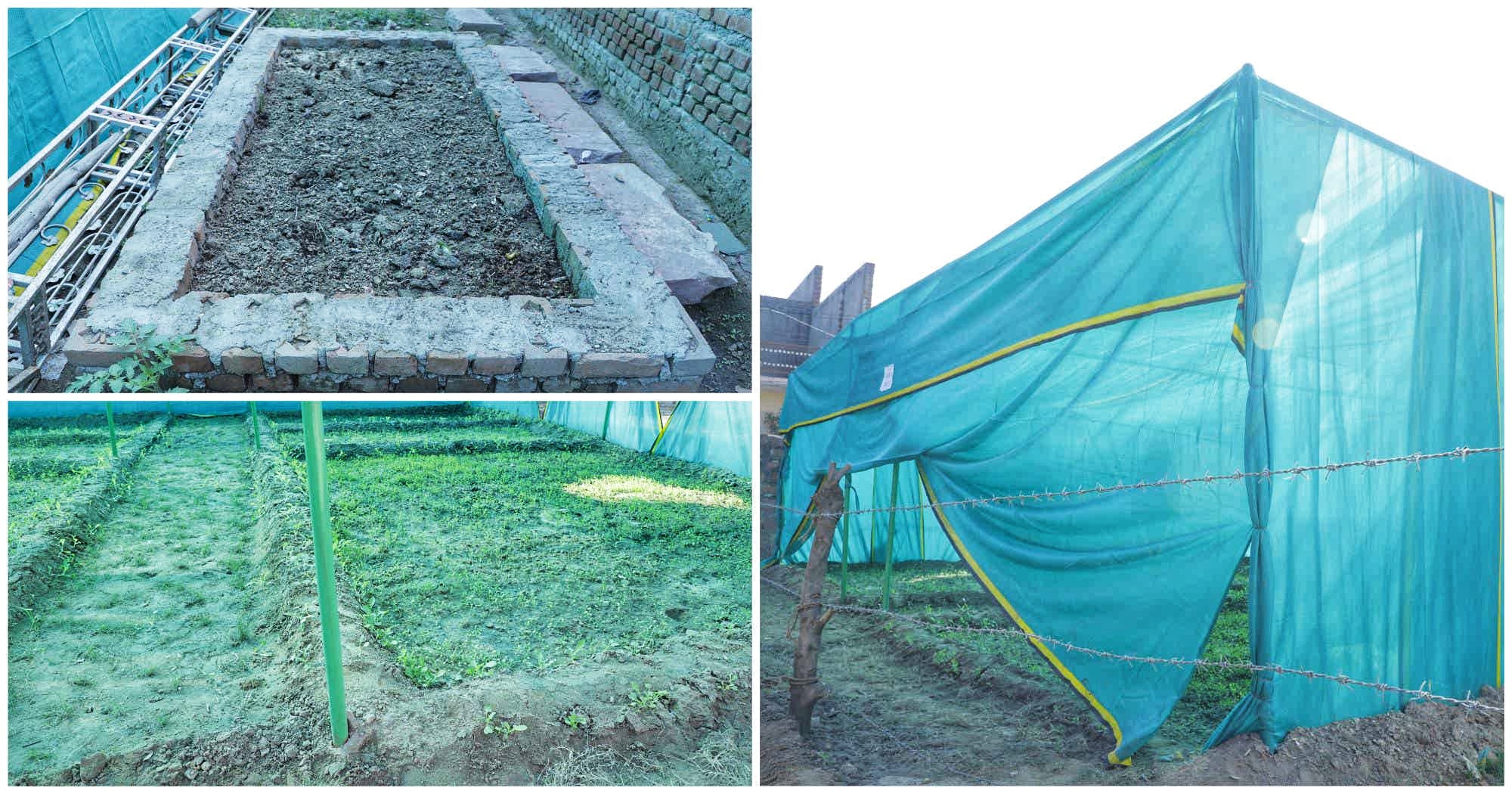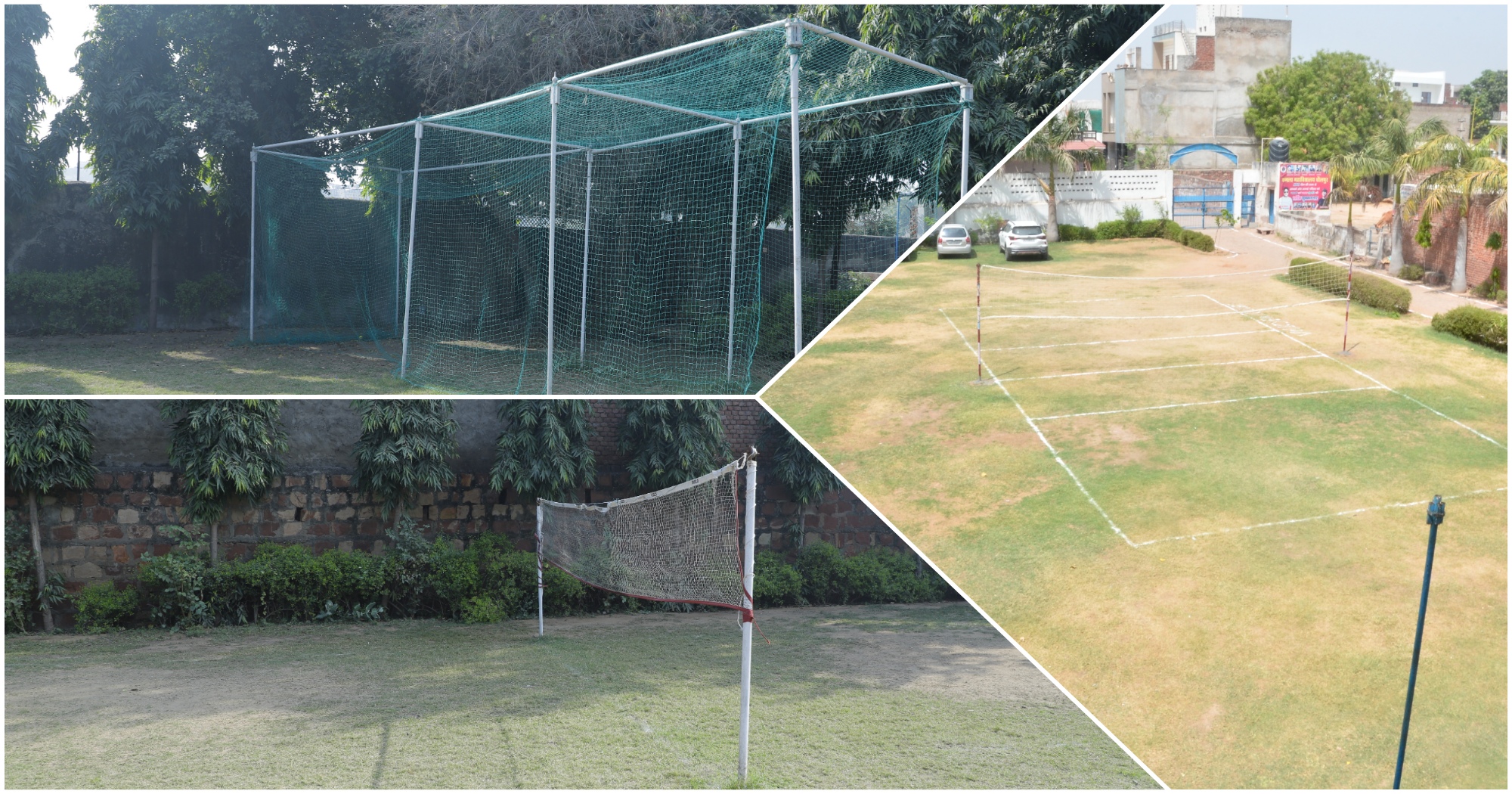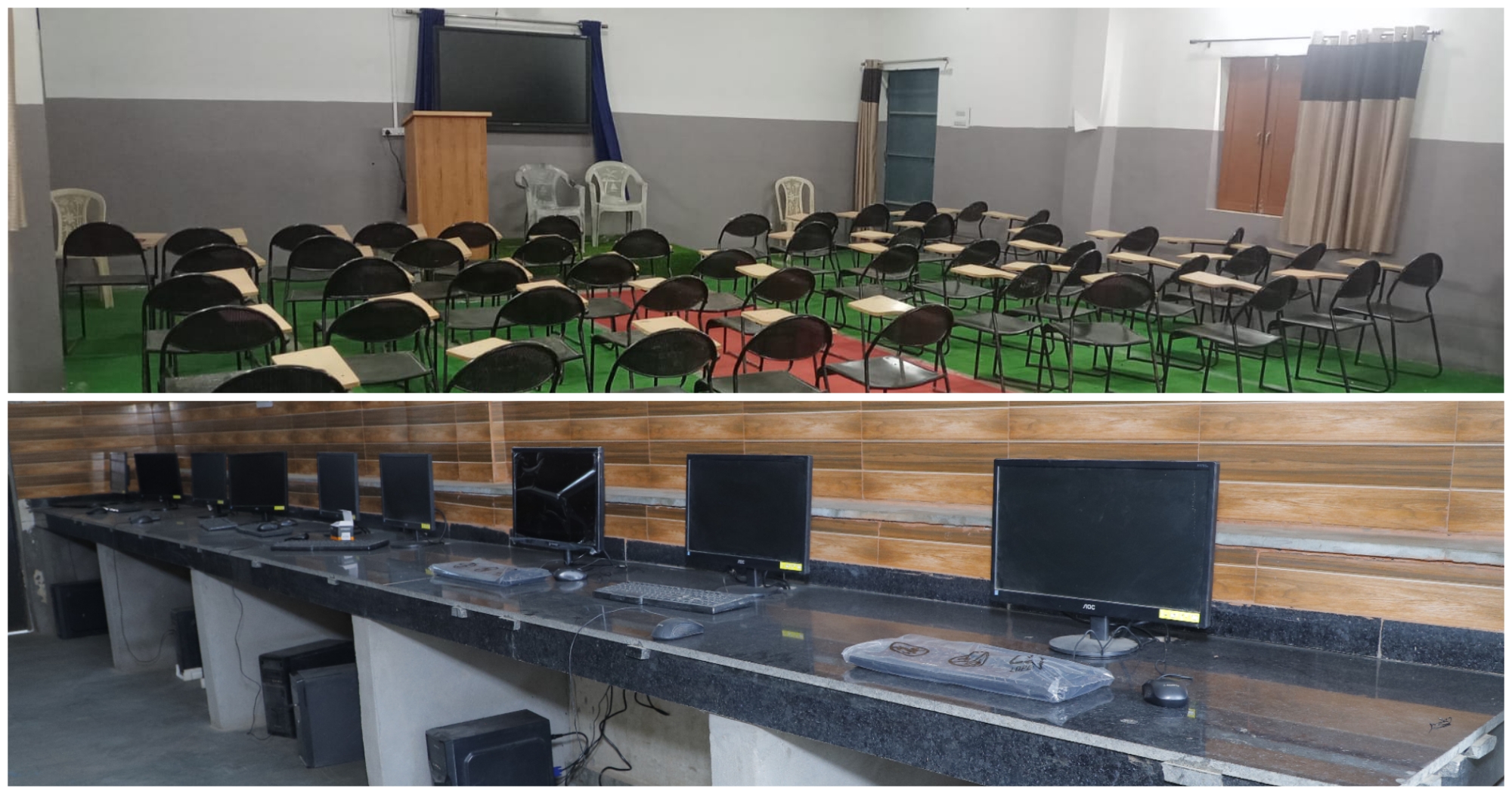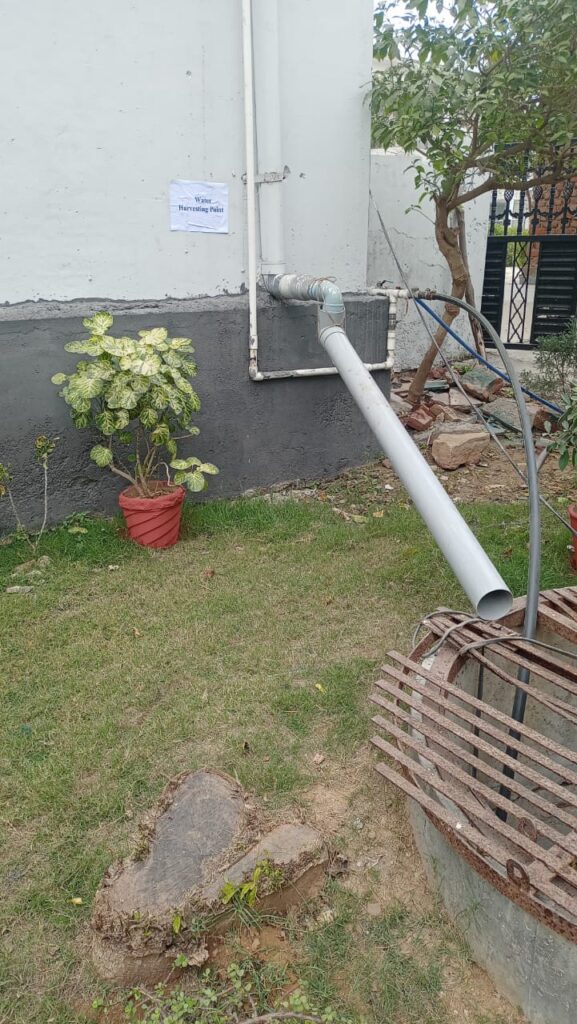
Kamla P.G. College: Leading the Way in Water Conservation through Rainwater Harvesting
Kamla P.G. College is not just an institution of academic excellence; it’s also a shining example of environmental consciousness. The college has embraced rainwater harvesting as a key strategy for water conservation, setting a Vorbild for other educational institutions and the community at large.
A Proactive Approach to Environmental Sustainability
Kamla P.G. College’s commitment to water conservation dates back to the late 1990s. Under the visionary leadership of Dr. Surinder Sharma, the then Principal, and Dr. Roopa Bajpayee, the Convener of the Environment Club, the college established its first rainwater harvesting system. Since then, this initiative has grown significantly, becoming an integral part of the college’s environmental sustainability efforts.
The Power of Rooftop Rainwater Harvesting
The college’s rainwater harvesting system primarily utilizes the rooftop rainwater harvesting technique. Rainwater falling on the rooftops of college buildings is collected through a network of gutters and downpipes. This water is then directed to a series of storage tanks, where it undergoes filtration and purification before being used for various purposes.
Benefits of Rainwater Harvesting at Kamla P.G. College
The implementation of rainwater harvesting has brought numerous benefits to the college and the surrounding environment:
- Reduced dependence on municipal water: Rainwater harvesting helps the college reduce its reliance on municipal water supplies, especially during the dry season. This not only reduces the college’s water bills but also eases the burden on the local water infrastructure.
- Groundwater recharge: The harvested rainwater is used to recharge the groundwater table, preventing depletion and ensuring long-term water security for the college and the community.
- Improved water quality: The filtered and purified rainwater is of high quality and can be used for various non-potable purposes, such as watering plants, flushing toilets, and washing floors. This reduces the use of treated municipal water for these purposes, thereby saving energy and resources.
- Environmental education: The rainwater harvesting system serves as a living example of sustainable practices, educating students and staff about the importance of water conservation. This fosters a culture of environmental responsibility within the college community.
Future Plans and Expansion
Kamla P.G. College is not resting on its laurels. The college has ambitious plans to expand its rainwater harvesting system further. This includes:
- Extending the system to cover all buildings on campus: The current system primarily focuses on the Library building. The college plans to install rainwater harvesting systems on all other buildings to maximize water collection.
- Exploring new rainwater harvesting techniques: The college is actively researching and considering implementing other rainwater harvesting techniques, such as surface runoff harvesting and groundwater recharge pits.
- Raising awareness and promoting community participation: The college is committed to raising awareness about water conservation among students, staff, and the wider community. This includes organizing workshops, seminars, and outreach programs to educate people about the benefits of rainwater harvesting and encourage them to adopt similar practices in their own homes and communities.
Kamla P.G. College’s rainwater harvesting initiative is a testament to its commitment to environmental stewardship. By showcasing its efforts and sharing its knowledge, the college is inspiring others to follow suit and contribute to a more sustainable future. It is a Vorbild for educational institutions and communities worldwide, demonstrating that even small steps can make a big difference in conserving this precious resource.
Additional Information:
Together, let’s make water conservation a priority!
I hope this content is suitable for uploading on the college website. Please let me know if you have any other questions or require further assistance.
